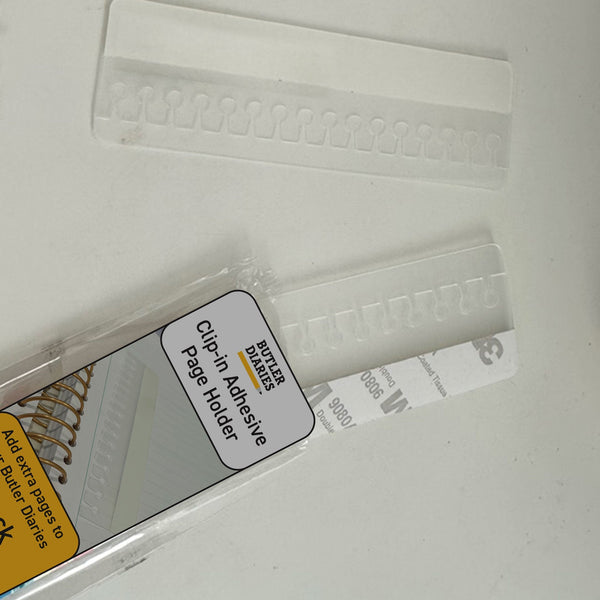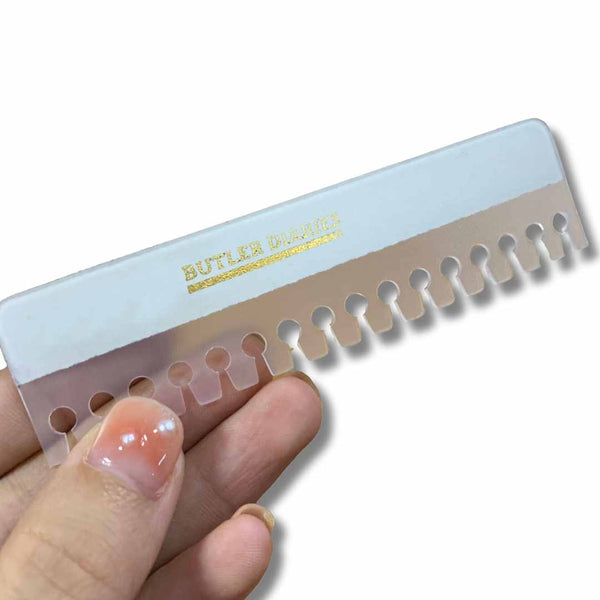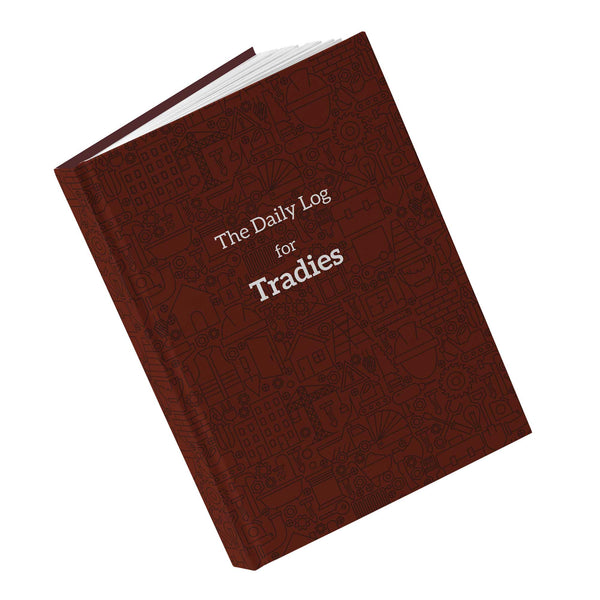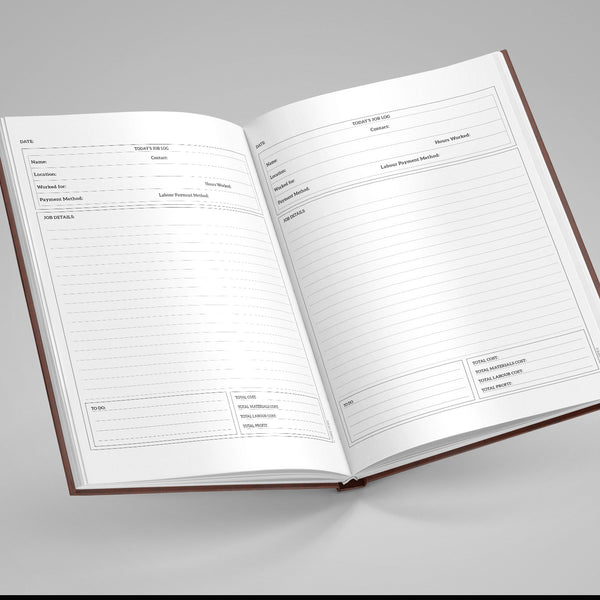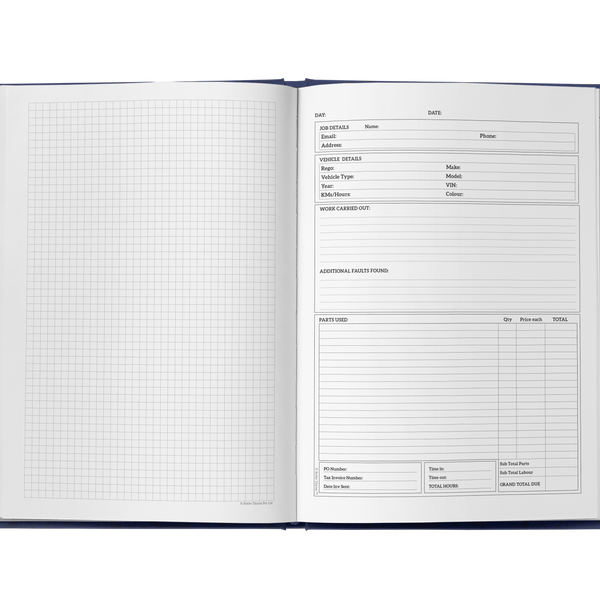The $40,000 Lawsuit That Should Have Destroyed Mark's Business
Mark Thompson thought he'd done everything right. The electrical installation was textbook perfect, completed on time and within budget. The customer seemed happy when he left the job site. So when the legal papers arrived six months later, claiming $40,000 in damages for "substandard work," Mark's world turned upside down.
The customer claimed the wiring was dangerous, the work was incomplete, and Mark had been unprofessional throughout the project. Without proper documentation, it would have been Mark's word against theirs - and in legal disputes, the customer's story often wins.
But Mark had something most tradies don't: comprehensive documentation of every day on the job. His Construction Diary contained detailed records of every conversation, every piece of work completed, every material used, and every interaction with the customer.
Six months later, Mark walked out of court completely vindicated. The customer not only lost their case but had to pay Mark's legal costs. The judge specifically praised Mark's "exemplary documentation" as proof of his professionalism.
The Legal Reality Every Tradie Must Face
Here's what most tradies don't realise: customer disputes aren't just about bad customers. They're about documentation. In my 9 years working on high-end heritage projects, I've seen excellent tradies lose legal battles simply because they couldn't prove their professionalism.
The statistics are sobering. According to Fair Trading data, 35% of tradies face customer disputes annually. Of those, the tradies with poor documentation lose 70% of cases, while those with comprehensive records win 85%.
The difference isn't the quality of work - it's the quality of evidence.
What Lawyers Actually Look For
When customer disputes go legal, lawyers aren't interested in your reputation or intentions. They want evidence:
Daily Work Documentation: Detailed records of what was done, when, and how long it took.
Material Records: Proof of what materials were used, including supplier receipts and quality specifications.
Communication Logs: Written evidence of all customer interactions, changes, and approvals.
Progress Documentation: Photos and notes showing work progression and quality at each stage.
Completion Records: Evidence that work was completed to specification and customer satisfaction.
The Five Documentation Failures That Lose Legal Cases
After reviewing hundreds of construction disputes, I've identified the five documentation gaps that consistently cost tradies their cases:
1. The "Good Work Speaks for Itself" Myth
You do excellent work, so why document every detail? Because six months later, when memories fade and stories change, your excellent work means nothing without evidence.
Courts don't judge work quality - they judge documentation quality.
2. Verbal Agreement Reliance
The customer verbally approves changes, additional work, or variations to the original plan. You proceed based on that conversation, but when disputes arise, those verbal agreements become "he said, she said" battles.
Without written records, verbal agreements are worthless in court.
3. Incomplete Progress Records
You document the start and finish of jobs but miss the daily progression. When customers claim work was delayed, incomplete, or substandard, you have no detailed evidence to counter their claims.
4. Missing Customer Communication
Every conversation, request, and concern should be documented. When customers later claim they were never informed about issues or changes, detailed communication logs protect you.
5. No Contemporary Evidence
You try to recreate records after disputes arise, but courts value contemporary documentation - evidence created in real-time, not reconstructed memories.
The Documentation System That Wins Legal Battles
After working on heritage projects worth hundreds of thousands where documentation is critical, here's the system that provides bulletproof legal protection:
Comprehensive Daily Documentation
Document everything, every day. Work completed, materials used, time spent, weather conditions, customer interactions - everything that could later become relevant in a dispute.
The Construction Diary's daily logging system makes this systematic. You've got structured pages for every type of information courts want to see.
Real-Time Customer Communication Records
Document every customer conversation immediately. What was discussed, what was agreed, what concerns were raised, and how they were addressed.
This contemporary evidence proves your professionalism and protects against later claims of poor communication.
Detailed Progress and Quality Documentation
Record not just what you did, but how well you did it. Quality checks, material specifications, compliance with standards - evidence that shows your work meets professional standards.
Change and Variation Documentation
Every change to the original scope gets documented with customer approval. This protects you from claims about unauthorized work or cost overruns.
Completion and Handover Records
Document job completion with customer sign-offs, final inspections, and handover of documentation. This evidence proves customer satisfaction at project completion.
Why Physical Documentation Protects You Better in Court
Digital records can be powerful, but physical documentation has unique legal advantages:
Authenticity: Handwritten, dated records are harder to fake and carry more credibility with judges and juries.
Contemporary Evidence: Physical records clearly show they were created in real-time, not reconstructed later.
Complete Context: Physical books show the full picture - courts can see consistent daily documentation patterns.
Professional Credibility: Systematic physical documentation demonstrates professional approach and attention to detail.
The True Cost of Poor Legal Documentation
Legal disputes without proper documentation create multiple layers of cost:
- Legal Fees: $15,000-$40,000 average for construction disputes
- Lost Income: Time spent in legal proceedings instead of working
- Reputation Damage: Public disputes affect future customer confidence
- Insurance Impacts: Claims can increase premiums or affect coverage
- Stress and Health: Legal battles take personal tolls on contractors and families
Compare this to 15 minutes per day documenting your professional work - it's the cheapest insurance you'll ever buy.
What Legal Protection Actually Looks Like
Professional legal protection isn't about perfect jobs - it's about proving your professionalism through systematic documentation.
The Construction Diary includes everything lawyers want to see in construction disputes:
- Daily work log templates for comprehensive job documentation
- Customer communication sections for interaction records
- Progress tracking pages for quality and timeline evidence
- Change order documentation for scope variation protection
- Completion record forms for customer satisfaction evidence
This isn't just paperwork - it's legal insurance. Every contractor who's won major disputes uses systematic documentation to prove their professionalism.
Start Building Legal Protection Today
You can't afford to gamble with customer disputes. Every day without proper documentation is a day your business is legally vulnerable.
The contractors who sleep soundly aren't the luckiest - they're the ones who can prove their professionalism in court.
Don't wait for legal papers to arrive. Start documenting your professional work today.
Get your Construction Diary today and protect your business with professional legal documentation.
Your business reputation depends on it.






